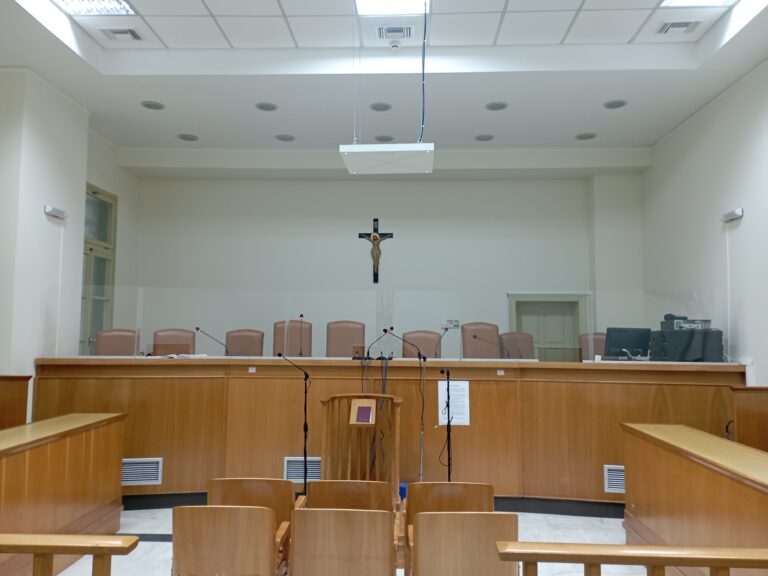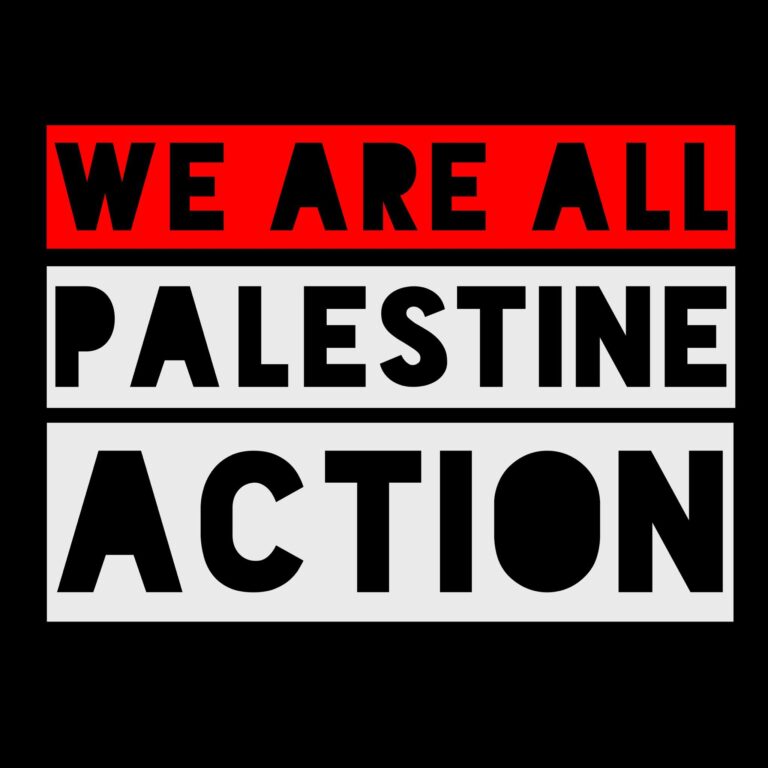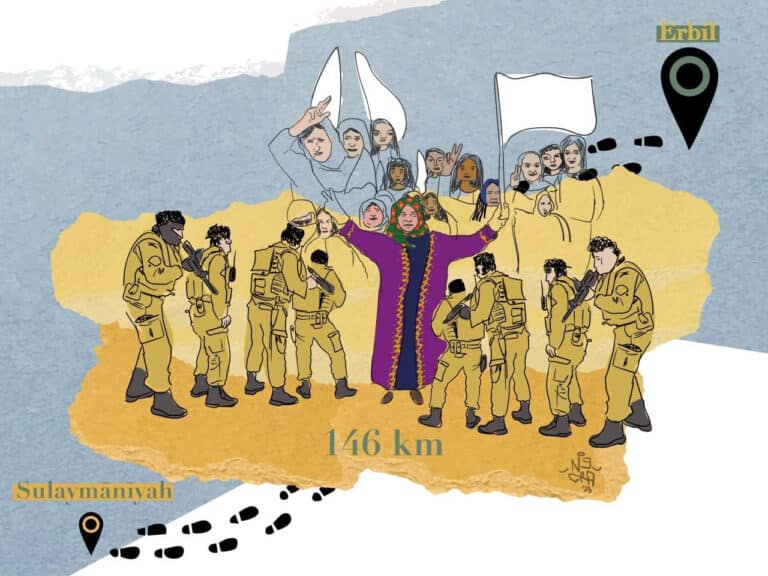by Reinhard Kober
Halhul, to the north of al-Khalil (Hebron) is a beautiful hilltop town, surrounded by fields and lovely gardens. Like other cities in the Palestinian Authority-administered Area A, its population has grown from 3,000 in the sixties to 30,000 now.
The Abu Jamal family, along with many others living east of the green line border, may no longer work legally in Israel. So they invested in greenhouses, cultivated eggplants and tomatoes, and were generally successful at first.
When I asked Abu Jamal how his farming is going now, he shrugged his shoulders and his face showed immediately that things are becoming worse. “We don’t have the water we need,” he said. “Just three hours of access to water per week is not enough.”
According to OCHA (United Nations Office for the Coordination of Humanitarian Affairs) and an Amnesty International report, Palestinians are denied access to the water aquifer underneath their own land. On average, Israelis use 300 liters of water per day, Palestinians only 60 liters. Palestinians are not even allowed to dig their own wells. An OCHA official told me, “It’s easy to make the fields bloom [in Israel] when you deny others the use of their own water.”



